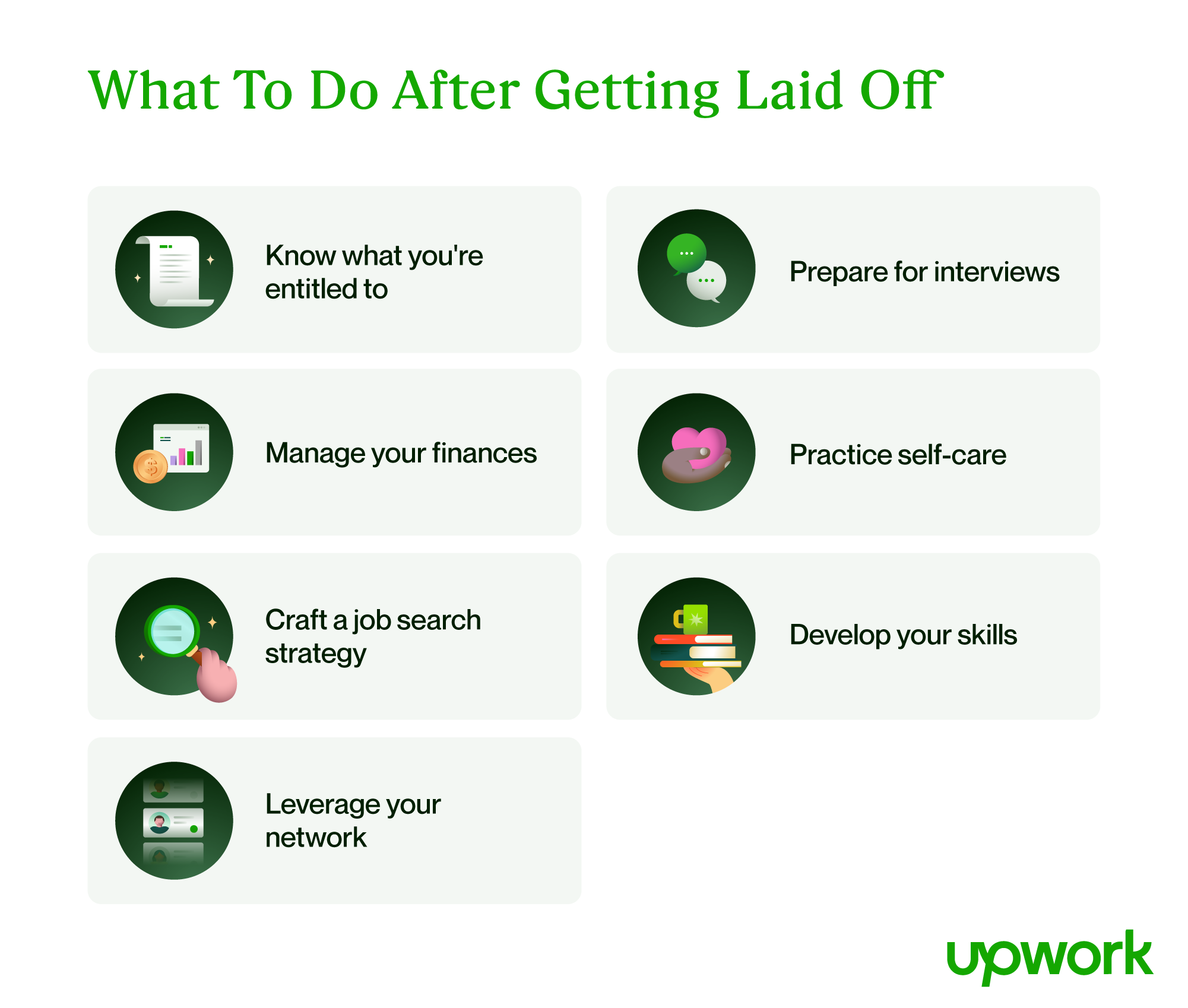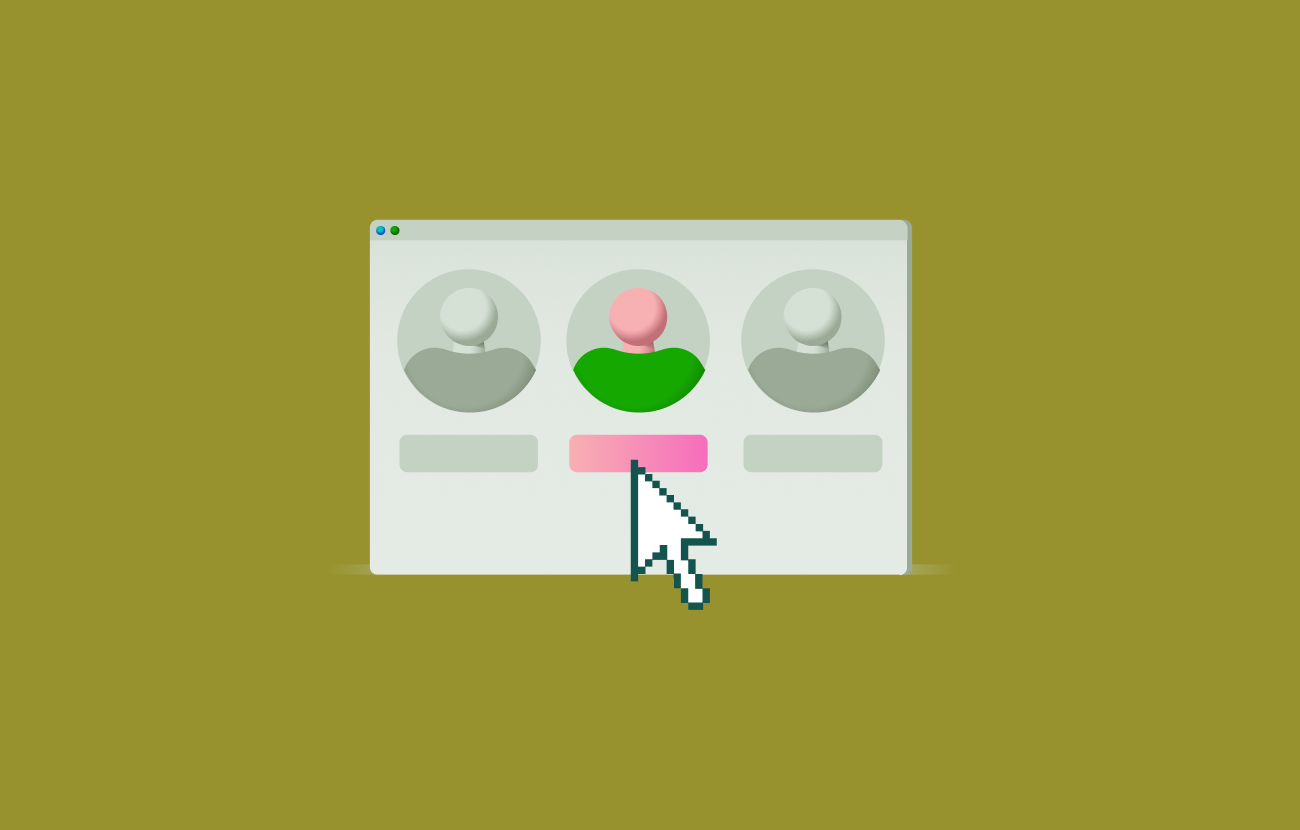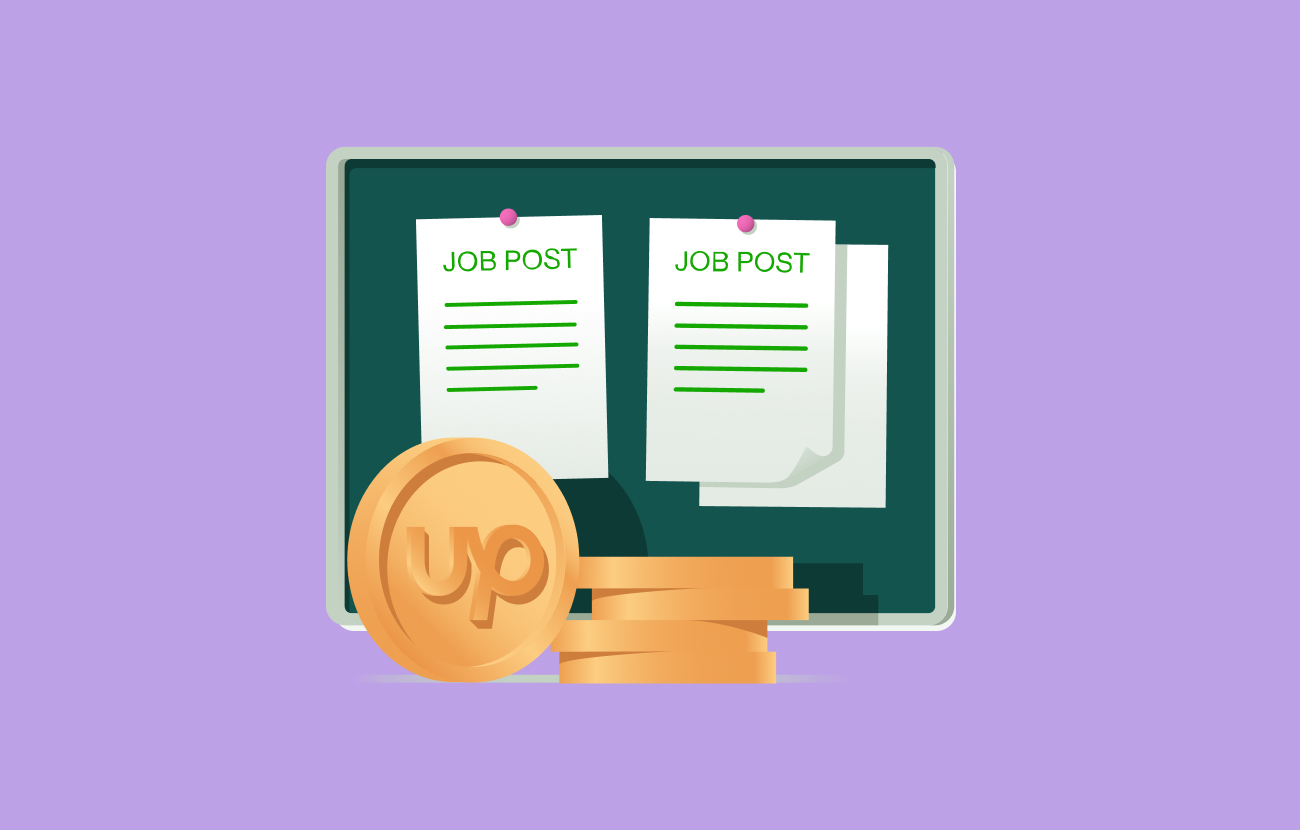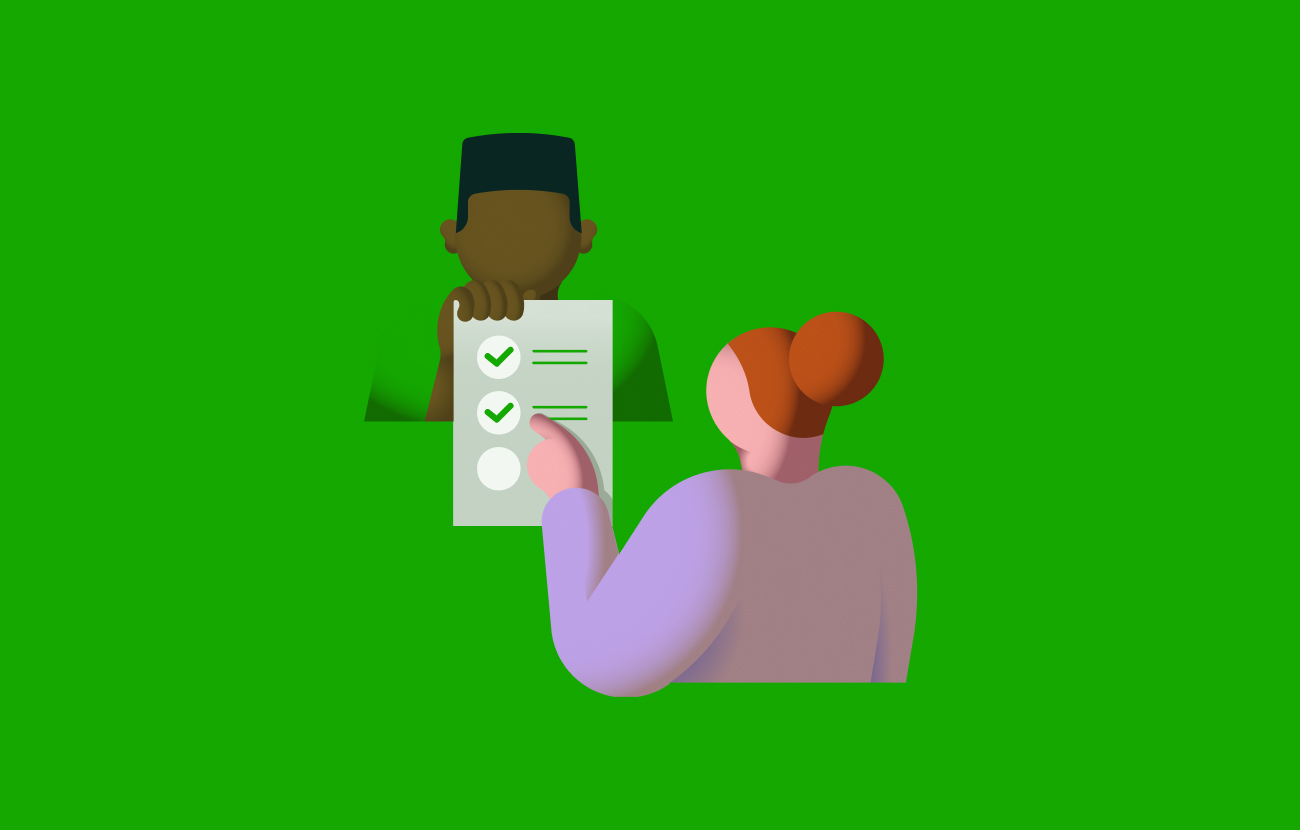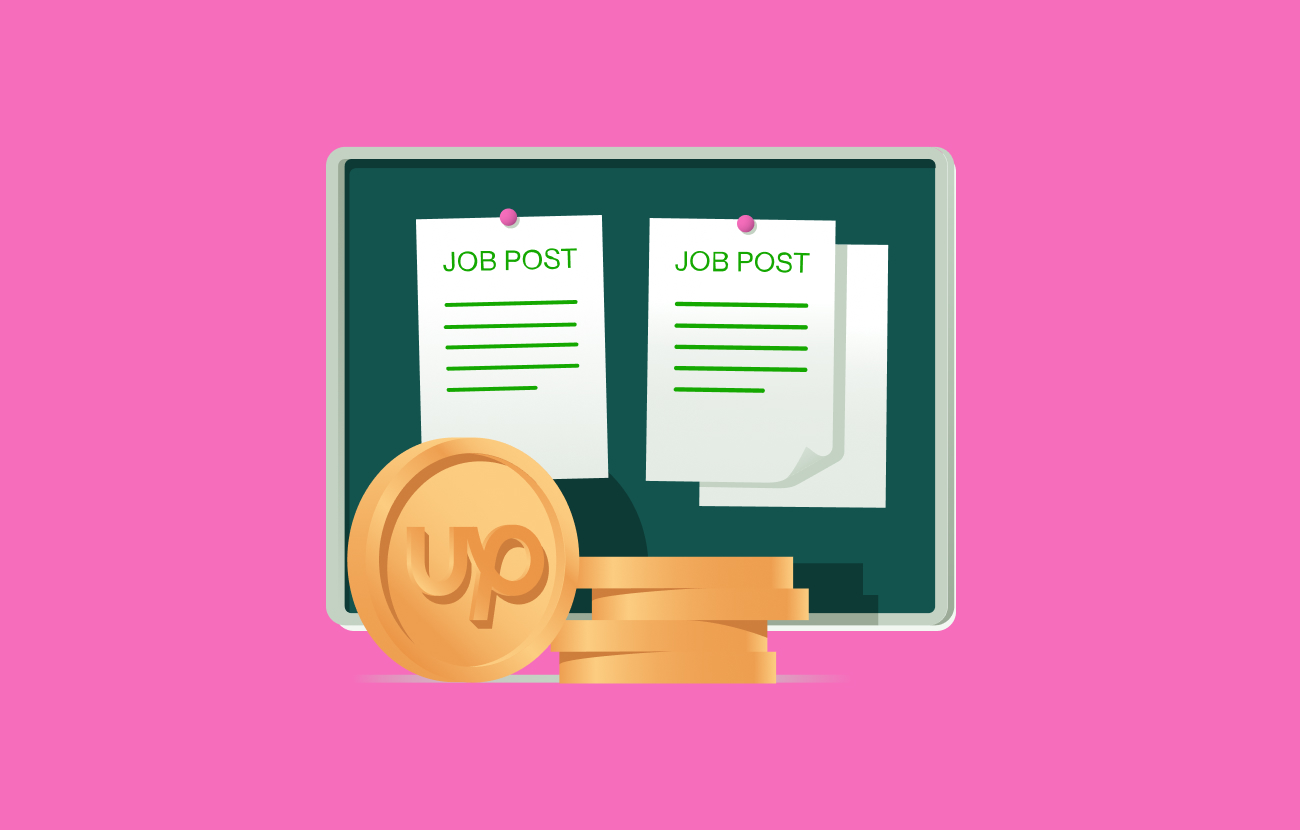I Got Laid Off. Now What? Proven Steps To Bounce Back Financially and Professionally
Lost your job? Learn immediate financial steps, job search strategies, and mental health tips to confidently navigate life after being laid off.

Losing your job is never easy. Being laid off is a significant life event that can trigger a range of emotions and cause financial stress. Having a clear action plan for what to do after getting laid off can help you feel more in control. Starting with identifying the immediate financial steps you need to take and moving on to job search strategy and mental health tips can help you confidently navigate life after being laid off.
This article walks you through what to do after being laid off, from understanding your severance pay and unemployment insurance eligibility to managing your budget, restarting your job search, and exploring new opportunities. Whether you've just been laid off or you're helping someone else navigate the fallout, we offer a roadmap to bounce back professionally and financially.
Know what you're entitled to
After a layoff, it's important to understand your rights and the resources available to support you. What you're entitled to depends on your previous employer, the size of the company, and the nature of the layoff, especially in cases of mass layoffs or downsizing.
Look into these key benefits and protections right away:
- Severance package details. If your previous employer offers severance pay, review the terms carefully. Some packages may include extended health care or job placement support.
- WARN Act protections. In mass layoffs, the WARN Act (Worker Adjustment and Retraining Notification) may require employers to provide 60 days' notice or pay in lieu of notice.
- Unemployment eligibility. Most people laid off due to restructuring or budget cuts qualify for unemployment benefits. Check your state's eligibility requirements.
- Retirement account options. You may be able to roll over your 401(k) into an IRA or keep it with your former employer. Know the tax implications before choosing a payout.
- COBRA and health care. COBRA lets you extend your health care coverage temporarily, though it can be expensive. Compare continuation coverage with marketplace options to see what works best for you.
Understanding your benefits and rights helps you make the most of every available resource during this transition.
Manage your finances
When your income is paused, it’s more important than ever to stay on top of your finances. Taking a proactive approach now can help you stretch your resources and reduce stress during your job search.
Smart financial strategies to get through this period include:
- Start with a financial check-in. List all sources of income, current expenses, and available savings, including any severance pay or unemployment benefits.
- Create a realistic budget. Prioritize essential costs, like housing, groceries, and healthcare, and pause non-urgent spending where possible.
- Protect your retirement. Only tap into your IRA or 401(k) as a last resort to prevent penalties and long-term losses.
- Set up an emergency fund. If you don’t have one, set aside a small reserve using severance pay or other available funds to cover unexpected costs.
- Evaluate health care costs. Compare COBRA coverage with marketplace plans to find an option that balances affordability and care during this job loss.
Plan your job search
Once your finances are in order, it’s time to focus on finding your next role. A structured job search helps you stay motivated and improve your chances of success.
Use these strategies to stay organized and intentional in your job hunt:
- Update your LinkedIn profile. Make sure it reflects your most recent experience, and incorporates keywords that match in-demand skills and roles. Use LinkedIn’s #OpenToWork feature to let recruiters know you’re actively looking for a new role.
- Build resume templates. Create a few versions you can tailor to specific industries, roles, or types of employers.
- Use job boards effectively. Set up alerts and save searches across multiple platforms to stay on top of new opportunities.
- Create a daily routine. Dedicate time each day to searching, networking, and applying. Treat your job search like a job itself.
- Engage on social media. Share relevant updates, interact with potential employers, and keep your online presence professional and active.
Taking a methodical approach helps you stay focused during uncertainty and increases your chances of finding a role that aligns with your goals.
Leverage your network
Many job opportunities are never posted publicly. Building your network helps you discover opportunities that aren’t advertised and can speed up your job search. Referrals can help you get your foot in the door and land an interview.
Use these strategies to tap into your network effectively:
- Reconnect with past contacts. Reach out to mentors, former coworkers, and industry peers through LinkedIn or email. Let them know you're looking for a new job and what kind of roles you’re interested in.
- Engage with recruiters. Building relationships with recruiters can help you get in front of hiring managers at companies you’re interested in working for.
- Attend industry events. Online and in-person meetups can connect you with potential employers and other professionals with valuable insights.
- Conduct informational interviews. Ask for 20–30 minutes of someone's time to learn more about their role or the company they work at. It's a low-pressure way to build connections.
- Post regularly on social media. Share relevant industry-related content, comment on posts, and keep your profiles up to date so potential employers can find you easily.
Prepare for interviews
Interviewing after a layoff can feel intimidating, but with the right prep, you can show up confident and ready.
Here's how to make a great impression, even after a job loss:
- Research each potential employer. Learn about their mission, values, and recent news so you can tailor your answers and show genuine interest.
- Practice common interview questions. Prepare strong answers that highlight your skills and achievements and be ready to explain your job loss with honesty and professionalism.
- Prepare questions for the interviewer. Ask about company culture, team structure, or growth paths to show engagement and curiosity.
- Address gaps directly. If asked about a gap in your transition, keep your tone positive and focus on how you've stayed active and productive.
Practice self-care
Job loss affects more than your paycheck. Being laid off can shake your confidence and mental health, which is why prioritizing self-care is so important.
Try these strategies to stay grounded and resilient:
- Create a daily routine. Maintaining a structured day can help reduce stress and increase productivity.
- Find healthy ways to manage stress. Journaling, meditation, or a quick walk help restore focus and mindfulness and can make a big difference in how you feel.
- Lean on support systems. Talk to friends, join online groups, or seek out local support for people navigating layoffs or career changes.
- Get professional help. A therapist or counselor can help you process this life event and protect your mental health through the ups and downs.
- Give yourself grace. This isn't the time to hustle nonstop. Rest is part of recovery — and your next job will benefit from it.
Develop your skills
This transition can be a fresh start. Use the time to grow professionally and get ready for new opportunities ahead. Update your skills, refresh your portfolio, and focus on the kind of work that excites you most.
Here are a few ways to start building momentum:
- Identify skill gaps. Look at job postings for your desired next job and spot areas where training could give you an edge in the job market.
- Take courses or certifications. Many platforms offer free or low-cost training you can complete on your own schedule.
- Try freelance work. Taking on short-term projects can keep your skills sharp and give you a fresh stream of income.
- Work with a career coach. A coach can help you refine your goals, rework your resume, and get support with a job search strategy.
- Visit your local unemployment office. In partnership with the state Department of Labor, they often offer workshops, tools, and job-matching resources.
Your next role could look very different from your last, and that can be a good thing.
Turn a layoff into your next opportunity
Losing a job is never easy, but it doesn’t define your career. What matters most is how you move forward. The right mindset, plan, and support can turn this transition into a launchpad for what’s next.
In this article, we covered the essentials: securing unemployment benefits and health care, understanding your severance package, creating a financial plan, building a job search strategy, leveraging your network, preparing for interviews, caring for your mental health, and developing new skills.
Job loss is only one chapter, not the whole story. What comes next, whether a new role, a new direction, or a new way of working, is yours to shape. The job market is always shifting, and so are your opportunities. Ready to explore new ways to work? Find freelance jobs now on Upwork.






.png)
.png)
.png)
.png)
.png)



.svg)
.svg)











